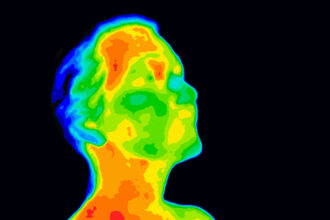The latest research paper published in the journal Addiction Biology presents alarming findings that the use of cannabis can lead to cellular damage, which significantly increases the risk of developing highly malignant tumours. According to the study, cannabis is classified as a “genotoxic” substance because it can inflict harm on the genetic information within a cell. This damage can result in DNA mutations, accelerate ageing, and increase cancer risks. Moreover, the repercussions of such genotoxicity might extend beyond the user, potentially affecting their progeny through genetic alterations in sperm and egg cells, suggesting that the hazards associated with cannabis consumption could span multiple generations.
In a detailed examination, researchers from The University of Western Australia have correlated well-established facts that cannabis impairs cellular energy production by targeting mitochondria with emerging cancer research, as recently reported in the journal Science. Although these studies in Science were not explicitly focused on cannabis, they offer crucial mechanistic insights which help in understanding previously obscure observations about cannabis. For instance, it is now more evident that cannabis induces damage not only in the mitochondria but also at the genetic level. The current findings, therefore, integrate historical research on cannabis, highlighting the ubiquitous potential risks of cannabis-related genotoxic damage, which, although not always visible, is a significant concern.
Dr. Stuart Reece, one of the study’s co-authors, has articulated the gravity of these findings. He notes that the established connection between cannabis use and genotoxic effects underscores the profound, far-reaching implications of genetic damage induced by cannabis, which can be inherited across generations. Dr Reece suggests that these insights should pivot the debate on cannabis legalisation from a matter of personal choice to a broader consideration involving the health and well-being of future generations. This reframing is vital in understanding the long-term public health implications of cannabis use and in informing policy decisions regarding its legal status.
More information: Albert Stuart Reece et al, Key insights into cannabis-cancer pathobiology and genotoxicity, Addiction Biology. DOI: 10.1111/adb.70003
Journal information: Addiction Biology Provided by Society for the Study of Addiction








